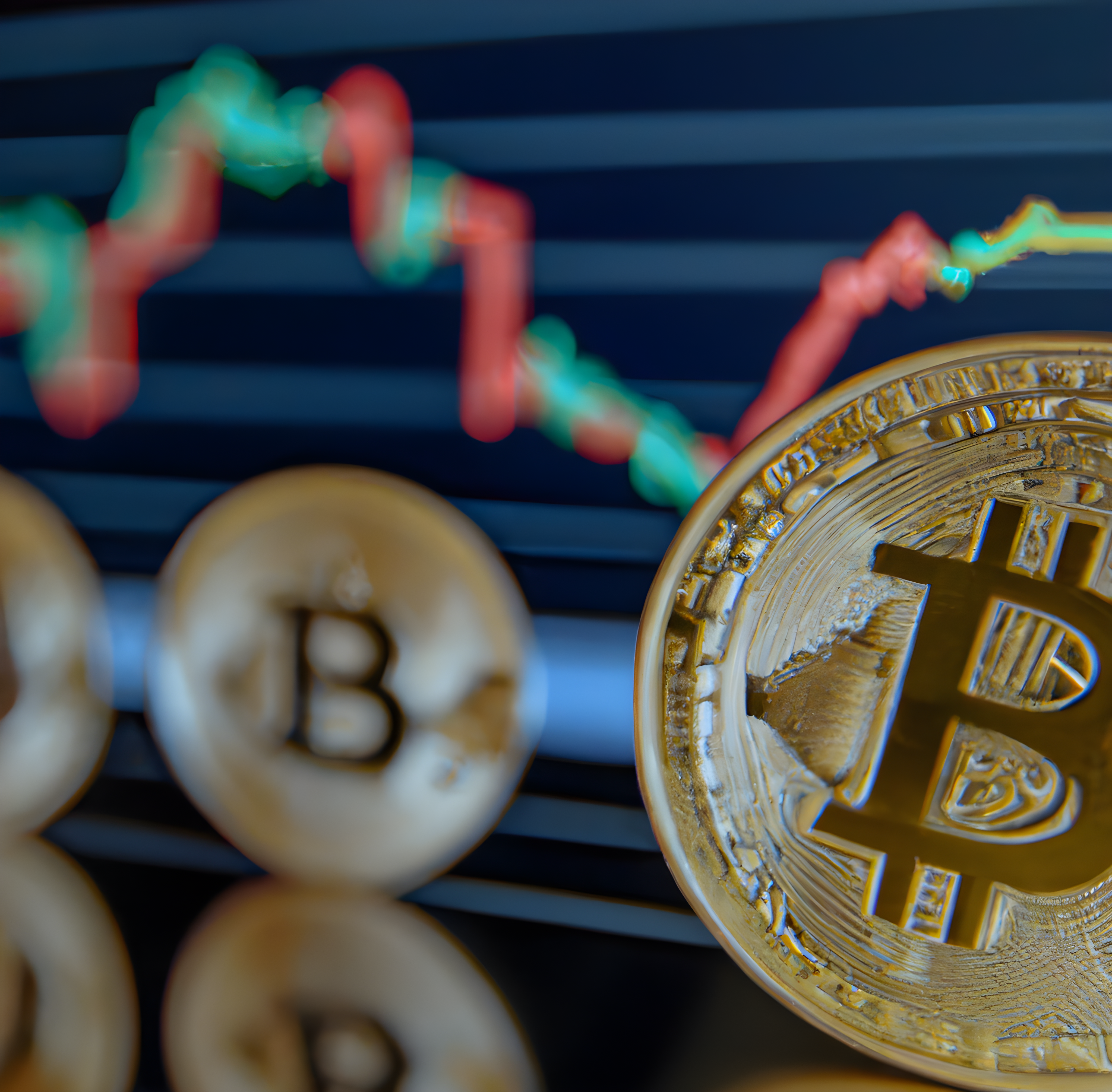
GameStop, the video game retailer that became a Wall Street sensation, is making headlines again. On March 26, 2025, the company announced a $1.3 billion private offering of convertible senior notes, with plans to use the funds to buy Bitcoin. This move, echoing the playbook of corporate crypto giant MicroStrategy, signals a dramatic pivot for the struggling retailer. It’s a high-stakes gamble that has investors buzzing—and the market is already reacting.
The announcement, shared via a GlobeNewswire press release, sent GameStop’s stock soaring 16% on March 26, as reported by CNBC. The notes, which mature in 2030 and carry 0% interest, will fuel “general corporate purposes”—including Bitcoin purchases under GameStop’s updated investment policy. For a company once known for selling PlayStation games, this leap into cryptocurrency feels like a sci-fi plot twist.
Bitcoin, trading at $86,941.09 on the Arkham Exchange as of March 26, has been on a wild ride. After hitting $100,000 following Donald Trump’s reelection, it dropped 18% from its peak, per CNBC. Yet, GameStop’s CEO Ryan Cohen sees opportunity in the volatility. By betting on Bitcoin, he’s aiming to transform GameStop’s balance sheet—and maybe its future.
This isn’t a random moonshot. GameStop is following MicroStrategy, a software firm that became the largest corporate Bitcoin holder by investing billions, a strategy that supercharged its stock despite the crypto market’s ups and downs. GameStop’s filing with the SEC admits the risks: Bitcoin’s price swings are notorious, with BlackRock noting four drawdowns exceeding 50% since 2014. Still, Cohen seems ready to roll the dice.
The timing feels strategic. Bitcoin’s growing acceptance as a global asset, backed by rising ETF demand and favorable regulations, has analysts optimistic. A Matrixport report predicts Bitcoin could hit $160,000 by the end of 2025, driven by institutional adoption. GameStop’s move taps into this momentum, positioning it as a player in the crypto revolution.
But why Bitcoin, and why now? For GameStop, it’s about survival. Under Cohen’s leadership, the company has slashed costs and streamlined operations to stay profitable, as noted in its recent earnings. Yet, the brick-and-mortar business remains under pressure. Investing in Bitcoin could diversify its assets and attract a new wave of crypto-savvy investors—especially the meme stock crowd that fueled its 2021 rally.
Social media is already lighting up. On X, Arkham’s post about the announcement sparked reactions from bullish cheers to skeptical jabs. One user,
@FrostxXBT, declared, “Shorts are FUCKED,” while
@zedbanana8 questioned if GameStop explicitly tied the $1.3 billion to Bitcoin. The chatter reflects the polarized views on GameStop’s crypto pivot—and the uncertainty of what’s next.
There’s a deeper story here. GameStop’s Bitcoin bet isn’t just about finance; it’s a cultural statement. The company that became a symbol of retail investor rebellion is now doubling down on a decentralized asset that challenges traditional markets. It’s a nod to the same community that once drove its stock to the moon, blending nostalgia with a futuristic vision.
Still, the risks are real. Bitcoin’s volatility could backfire, and GameStop’s filing warns that its “Bitcoin strategy has not been tested and may prove unsuccessful.” If the crypto market crashes, the company could face a financial hit—and a PR nightmare. For a retailer already fighting to stay relevant, this is a make-or-break moment.
What’s next for GameStop? If Bitcoin surges, as some predict, this could be a masterstroke, cementing Cohen’s legacy as a visionary leader. But if it flops, it might be another chapter in GameStop’s rollercoaster saga. Either way, the meme stock that captured the world’s attention is proving it still knows how to make noise.



 Join our Telegram Channel
Join our Telegram Channel